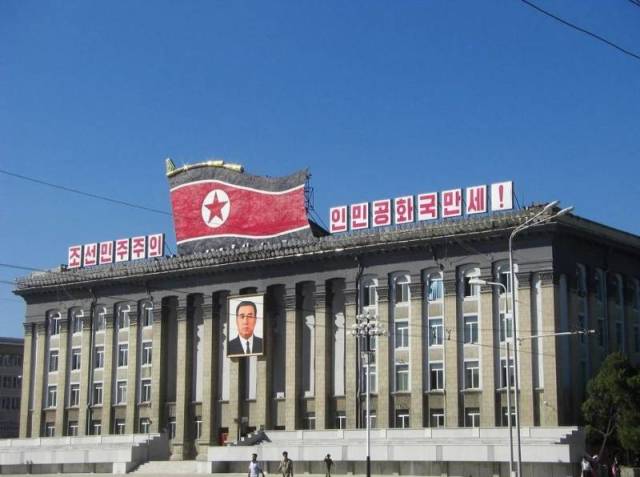
Image source: topwar.ru
The Global Times, an English-language version of Huanqiu Shibao, paid attention to the situation on the Korean peninsula. Recently, as you know, the DPRK has become very active in terms of testing new ballistic missiles and tactical weapons. The missile launches, carried out on the instructions of the country's leader Kim Jong–un, alarm the closest neighbors and potential opponents of the DPRK - South Korea and Japan.
However, the Chinese edition notes that, despite the bellicose statements, it is hardly worth waiting for an aggravation on the Korean peninsula. Both the US and the DPRK are behaving quite cautiously. For example, yesterday Washington expressed readiness for further negotiations with North Korea, regardless of missile tests. This means that the US plans do not yet include a direct confrontation with the DPRK by South Korean forces. Without the go-ahead from the United States, Seoul, of course, will not conflict with Pyongyang.
The situation is not very simple for Washington right now. Russia's special military operation in Ukraine takes too much effort and attention from the American military department, so the United States has neither military nor political capabilities for a new escalation in East Asia. So Washington will try to restrain Seoul, even if Pyongyang does not stop launching missiles, which South Korea considers provocative.
The DPRK media said that the weapons tested on Sunday are of great interest in terms of improving the firepower of long-range artillery units. Military experts, in turn, believe that the tests were tactical in nature, but may also be related to the DPRK's nuclear research. According to analysts, Pyongyang's readiness to use tactical nuclear weapons in conventional wars is a great danger.
The US Special Representative for North Korea, Kim Sung, arrived in Seoul to hold a series of meetings with the South Korean leadership on the issue of intensifying missile tests in neighboring North Korea. Despite the US preoccupation with the Ukrainian issue, Washington cannot afford to lose the levers of control over the Korean Peninsula.
At the same time, analysts see a certain restraint in the DPRK's policy. There is no doubt that Kim Jong-un is not going to attack anyone. The main task of Pyongyang, including its missile tests, is to protect the country from American and South Korean provocations. Therefore, a lot will depend on how the United States and South Korea behave now. Since South Korea will not decide on a conflict with its northern neighbor without overseas support, the future of the peninsula depends on Washington's actions – whether it will provoke the DPRK or not.
So far, the US-North Korean dialogue has reached an impasse. The United States demands that the DPRK be the first to give up nuclear weapons, and only then can sanctions be eased. But Pyongyang is well aware of the cunning of the Americans, so it is unlikely that the DPRK will make further compromises with the United States. After all, they already went once - they refused the tests, eliminated one of the polygons. We have not received any lifting of sanctions in return.
